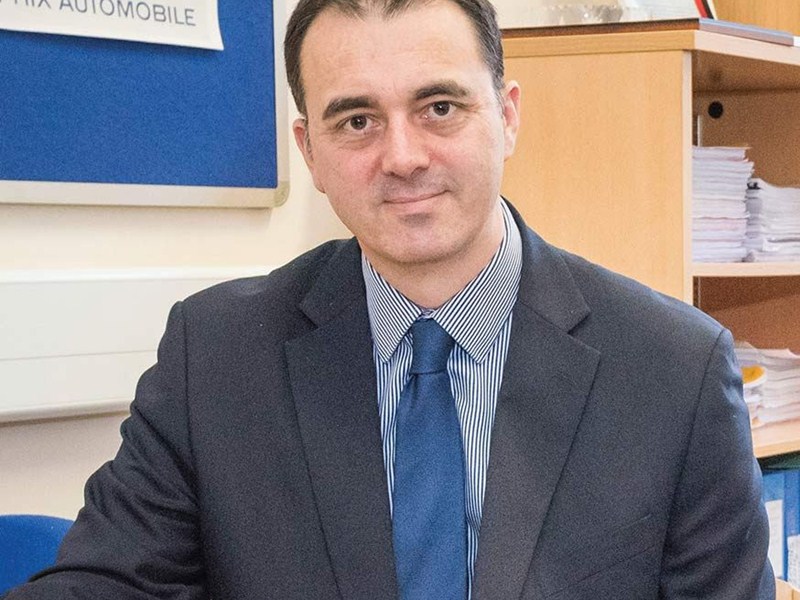LOCAL authorities across Kent have won a significant victory in their quest to become fiscally self-sufficient, after they were selected by central government to pilot a scheme which will see them retain 100 per cent of business rates.
Tunbridge Wells Borough Council has been a key force in lobbying for the extra powers, which could boost district coffers by around £600,000 per year.
The move will help fill the many black holes which have appeared in council budgets over the past few years, since the Treasury began slashing local government support.
According to Lee Colyer, Director of Finance at Tunbridge Wells Borough Council, the 12 local authorities in Kent, alongside the county council, put forward such a ‘compelling’ bid the government gave the green light to their proposal.
Mr Colyer said: ‘Some parts of the country have been allowed to retain 100 per cent rates for a while, which is what we have been asking for right from the start.
‘But these places were unitary authorities, with one tier of government, and so it is a lot simpler.
‘The government feels it is too complicated to share the details because there are too many tiers of authorities.’
However, Kent was not the only part of England that resented passing on half of the money they collected from businesses to Whitehall, from where it is redistributed across the country.
‘The government said ‘all right, those areas which come up with a good proposal will be allowed to become pilots’. It was a very competitive process because every authority that is bidding is likely to retain more money for their area and the government didn’t want to give up their 50 per cent to everybody,’ Mr Colyer explained
However, in February Kent was told it could enact its proposal, which was fully implemented in April, to coincide with the new fiscal year.
In effect, the county will now be split into three parts, with Tonbridge & Malling, Tunbridge
Wells and Sevenoaks pooling their rates as ‘West Kent’.
The amalgamation has been made easier because several services are already shared through the West Kent Partnership. This organisation will be the main forum for discussion on how best to disperse the new money across the three areas.
As part of the deal with the Treasury, those bidding for the pilot scheme also needed to demonstrate that the extra money would not be spent purely on day-to-day spending.
Therefore, a West Kent infrastructure growth fund has been set up, with an expected budget from business rates of £1million per year, on top of the money that is expected to go to individual councils.
The authorities will have to demonstrate that this money is being put to good use through investments that boost infrastructure and growth.
‘These incomes are estimates, and we will not know the full impact until the end of the financial year,’ said Mr Colyer.
‘But it is very incentivising,’ he added.








